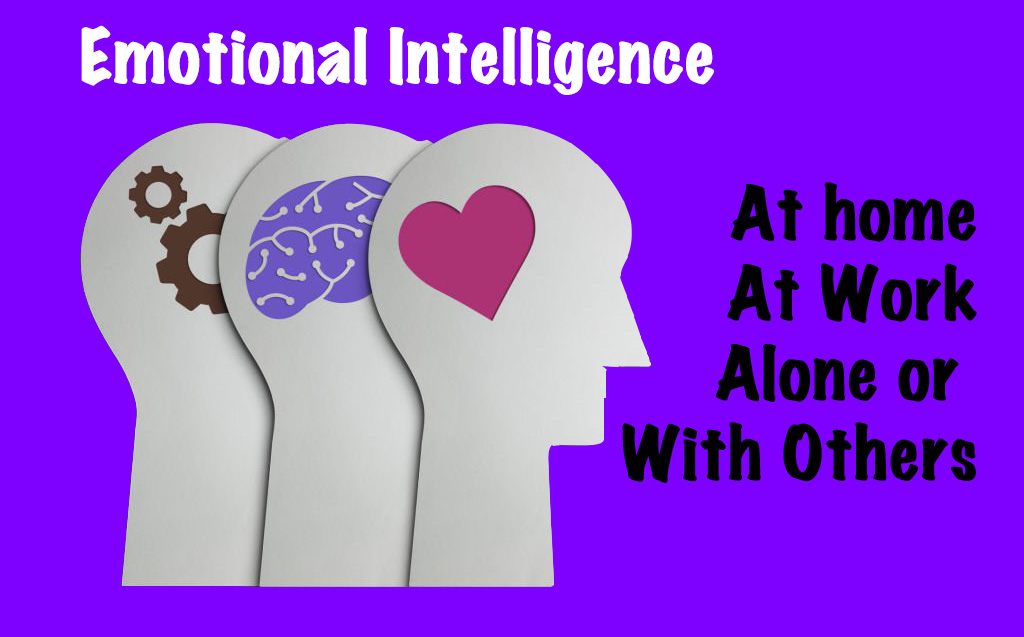In Part 1 of this series, Self-Esteem, we explored the pivotal role of mindset in real estate success, explicitly focusing on the development of self-esteem. By consciously selecting positive thoughts and emotions, self-esteem becomes a driving force in overcoming the challenges commonly encountered by real estate agents.
This understanding leads us to our upcoming discussion on empathy. As self-esteem empowers agents to navigate personal and professional hurdles, empathy is an indispensable quality that fosters genuine connections, enhances communication, and solidifies client trust.
Let’s examine why empathy is crucial and how to develop it. Empathy is the ability to understand people, their dreams and aspirations, and the motivations behind their actions. When you embrace empathy, you transform transactions into heartfelt interactions and forge bonds that last beyond the closing date.
To become an empathetic agent, you must first recognize that empathy extends beyond mere sympathy or politeness. Empathy involves active listening, non-judgmental understanding, and compassion. It’s about creating a safe space where clients feel heard, valued, and respected. It’s more than a trait; it’s a choice to connect genuinely.
Take extra time to ease sellers’ nerves, share in homebuyers’ excitement, and grasp seniors’ concerns or investors’ goals. Decode their unspoken worries, preferences, and real estate stories. This deep understanding through empathy is about building trust, reliability, and authenticity in your brand and raising your professional relationships to new heights.
How can you effectively cultivate trust and loyalty with your customers using empathy?
In the dynamic world of real estate, when clients sense that you genuinely care about their best interests and needs, it builds a foundation of trust and loyalty. This loyalty leads to referrals, repeat business, and a reputation as an agent who goes the extra mile. Satisfied clients return for future deals and become advocates, endorsing your services to others and generating ongoing referrals. As an agent who listens, understands, and consistently offers excellent experiences, you build a lasting trust that shapes your entire real estate career. Imagine a client feeling overwhelmed by the complexities of negotiations or confused with unexpected setbacks in the home-buying process. As their empathetic agent, you acknowledge their concerns and say, “I understand that this negotiation process can be daunting. Let’s explore alternative options and work together to find the best way forward. Your dream home is very much within reach. I’ll walk you through each option so you can confidently make an informed decision.”How can empathy be transformed into concrete results in your real estate practice?
Empathy isn’t just a warm and fuzzy concept—it’s a practical tool that gets actual results. Negotiations tend to be smoother when you approach customers and colleagues empathetically, understanding everyone’s expectations. Empathy also comes into play in problem-solving, creating solutions that target specific worries. It’s not just your skills that attract clients; they’re also drawn to your understanding and the genuine care you bring to the relationship. One practical approach for navigating numerous choices is prioritizing clients’ well-being based on a deep understanding of their wishes and concerns. Beyond just the here and now, having a reputation for empathy sets you apart in a competitive market. Remember, empathy isn’t just a task to check off; it’s a way of being in the intricate landscape of real estate transactions, leading you to achievements and a reputation rooted in trust, honesty, and lasting relationships.Cultivating Empathy: Tips for Real Estate Professionals
- Listen Actively: Don’t just hear; practice active listening by giving your full attention. Validate clients’ feelings and concerns, showing that you’re genuinely present and attuned to their needs. This builds rapport and ensures you understand their situation and circumstances.
- See Through Their Lens: Put yourself in their position and try to view the situation from their viewpoint. This practical technique helps better understand their thoughts and emotions, enabling effective communication and a tailored approach to their needs.
- Speak Their Language: Explain complex terms in a relatable manner, ensuring clients fully understand all aspects of your communication. Repeat their comments and questions to show you understand the conversation’s unspoken nuance. This will foster a smoother communication flow and build their confidence in your expertise.
- Master Patience: Allow clients time to process information and make informed decisions. Practicing patience in this manner lets them dwell in their comfort zone and demonstrates your commitment to their best interests.
- Lead with Empathy: Share success stories where empathy positively impacted previous clients, demonstrating its value, thus laying the foundations of trust. Sharing these examples illustrates your caring and builds a sturdy base of trust with prospective customers. It emphasizes your ongoing commitment to clients’ needs and goals.
- Applied Empathy: To fully harness the power of empathy is to master the art of understanding the complex emotions in each encounter. Emotionally intelligent, empathetic agents plan their moves and actions based on the customers’ core feelings and thoughts, which can differ significantly from what they say. Empathetic professionals can feel their way beyond the surface to the heart of their customer’s feelings.








